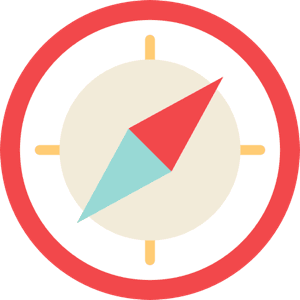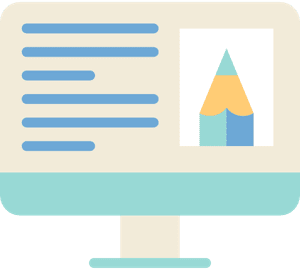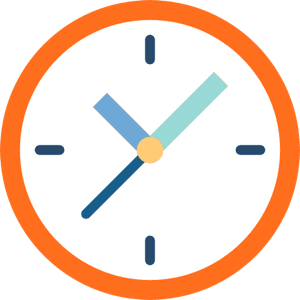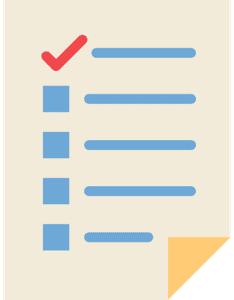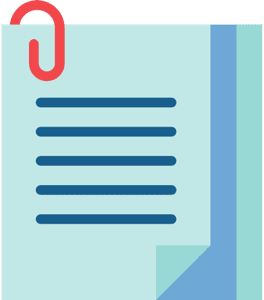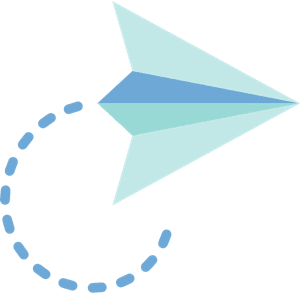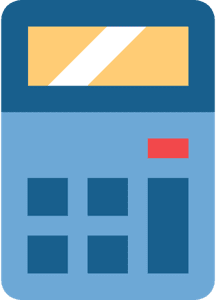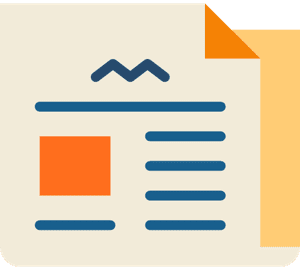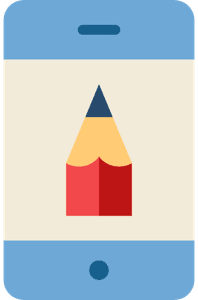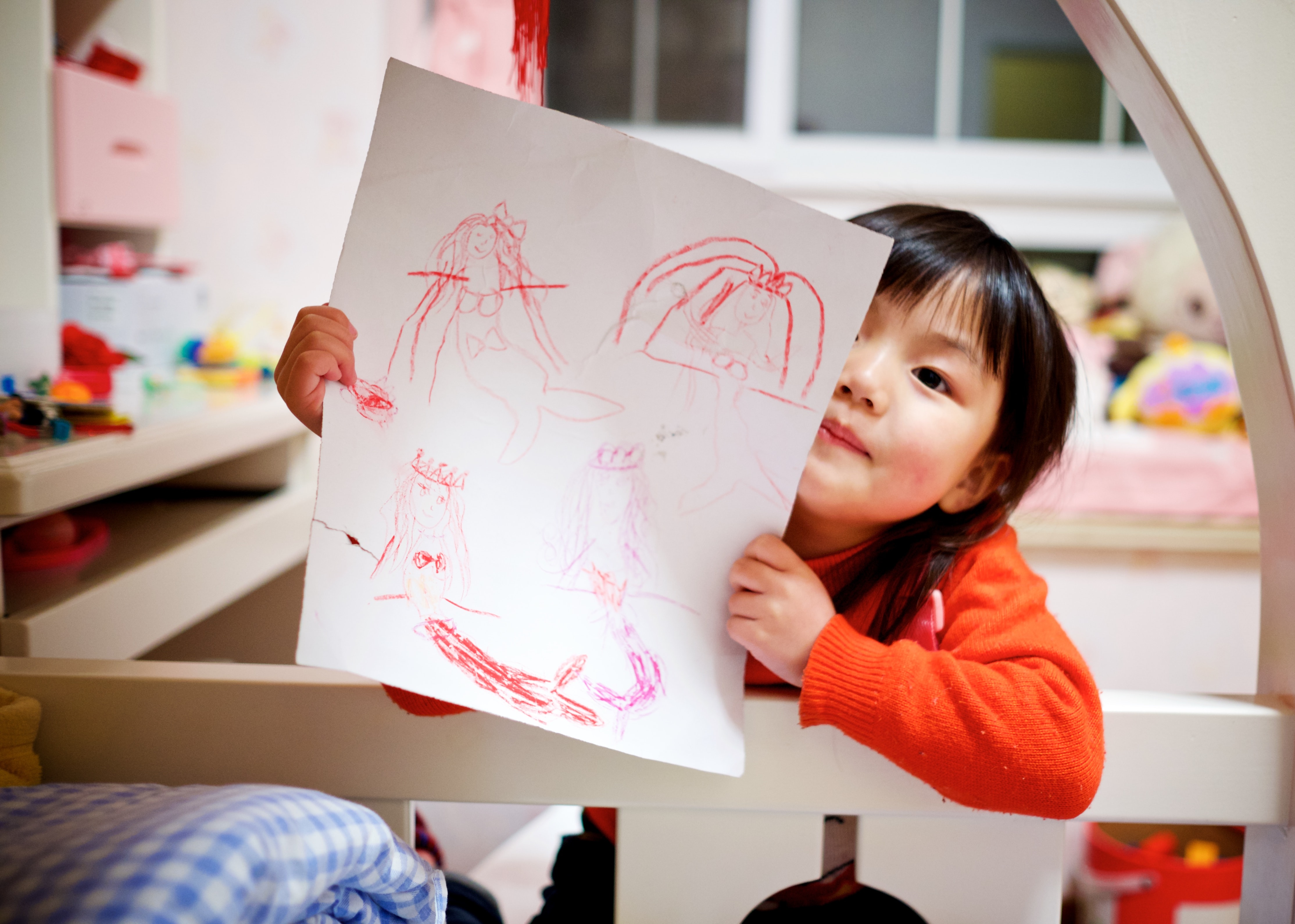Leadership in a School’s Ecosystem, A Conversation with Jennifer Carter

In this interview, Jennifer Carter joins us to talk about leadership strategies specifically for education. Jennifer has worked at all levels of education, from child care to university. She was a previous Academic Dean for a K12 school and now owns and operates a child care business, Oak Tree Learning Center. She is passionate about leveraging effective leadership to serve students, and with us, she expands on opportunities for growth within school districts.
By the way, this conversation was originally featured on our podcast K12ish, which you can listen to here or wherever you get your podcasts.
Offering Parenting and Educational Insight from the Podcast
You're the host on Mrs. C's podcast. Could you tell us a bit about it?
The podcast is a unique opportunity for people to be a fly on the wall. Usually, you hear a podcast, and it's for parents and parenting, or you hear a podcast, and it's for administrators or teachers, but this is just conversations that I'm having with a variety of people who only have some level of involvement with school from zero to college. So, we have a wide range of people talking about things on their minds and asking questions.
Who's been one of your top guests so far?
I had a conversation with Dr. Marina Smith, and she is interesting because she is a 0 to 5 professor. She has two children. They're elementary age. One of her children is medically fragile.
She also teaches college students. She taught in elementary school. So, she is all of those different stakeholders. We were discussing just what it means to be the mom of children with learning differences.
Talking about everything from the emotional journey that the entire family has to go on all the way through to where to get resources. Some of the practical things [like] "How do you identify?" So, that was a great conversation.
I also had a conversation with Joanne Griffith, who is a journalist. She runs a hub for public radio stations across California. She's starting her own side business. She's a mom of an elementary schooler. So, we were just talking about [how] everyone's like, "I want to give it my 100%." 100% is a finite amount. If you give everything 100%, there's zero left.
[We were] just talking about juggling what it means to be a mom, then also to have a job outside of the home. Another fascinating guest that I had was Dave Espen, the Executive Director of Californians for Quality Early Learning, an advocacy and support hub for people who own preschools and preschool directors.
He was thinking about [figuring] out how do you get more diversity in your sphere? So, that when we're faced with a moment like this, where we're so divided: "How do you how do you diversify your own life if you want your kids to be tolerant?"
If you want your kids to be empathetic and open, what do you do to make sure you personally are providing that for them and giving them that experience?" So that was also a fascinating conversation.
Did you have a little piece of advice on ‘how to diversify your life?’ What would be your 10 second way to go about that?
I think I've suggested if you have a church group, or if you're affiliated with a church, try a church in a different neighborhood or a synagogue in a diverse community—also, meetup.
Find things that have your interest, but see if there's a variety of people who have that interest because you want to make authentic relationships. You don't want just to say, "Oh, I know this kind of people, or I know that kind of people."
If you are upset and have a terrible day and pick up the phone, you want a diversity of people to be on the other end, and that's an authentic relationship and not just one to tick off a box.
The Educator Spirit Never Leaves You
What, most recently, drew you to childcare?
I always say it was Google and God. I had no intentions of being a business owner. Like most of us, I was working for someone else complaining about my boss, but my husband lost his job.
So, we were like, "well, maybe we could buy a business." We literally googled 'buy a business' and went on a website. 'What are the categories you want to have your business?' and we checked Education and Finance because those are the two fields we're in.
Then our first school came up. So, that's why I always say it was Google and God because I did not seek this. It is what we were pointed toward.
How are you able to leverage your experience there into running your childcare business?
I would actually argue that I've been learning to run my own business and run my own school since 1994 when I started my career. Because if you are wise, every job in every situation will have a bunch of tools you can pick up, and you put them in your imaginary tool belt.
So, as I was in the classroom and then making my way into admin, each of those jobs told me a different perspective about education. So, I knew that I wanted to stay in education.
If you think about it, every job gives you a different perspective on what education is. First, as a classroom teacher, then an English teacher, then a department [lead].
So, over time, you have a full range. The whole span of my career prepared me for this moment. I built our curriculum - that's a direct relationship from my previous job to this one. In my last job, I structured the academic program and worked with the department chairs for that school.
So, it was straightforward for me to then transition into this to be more suited to build a curriculum - not just a curriculum but also an assessment. Then 'what [are] the strategies that support the best learning of this curriculum? So, that I think was the direct connection.
What was one of the perspectives that surprised you the most from your different roles?
I think when I became a parent because I give all this great advice to parents. They're always [saying] "Oh, that was great advice," "It worked," "Thanks for the support."
But when you have your own child, and you have like your own case study day after day, in that case study, whatever hypothesis you come up with, just go sideways. I think that experience, raising children, and then being in a supervising role was surprising.
Because I don't think that people have a full awareness of how many other layers [are] above you. There's not necessarily an awareness at the top of what the bottom is doing or what the top is doing. They just have an awareness of you and the choices that you have to make.
So, I was kind of taken back. I was like, "Whoa, hey, wait a minute!" I'm being tugged in between these two things. It was hard at first.
Smart Leadership. Smart Students.
How have you worked to make it a bit more seamless between those different layers now in your leadership positions?
There's a couple of different things to be aware of when you're talking about leadership positions depending on where you are in those roles. You have a much different role [in any department].
For example, if you're a department supervisor, your role is drastically different from the VP of a company if you're the school principal. Because the stakeholders that you deal directly with are a lot different.
One of the realizations that I had that may help everyone is that I realized that the center of it - I always do a fist - like this is a student, on the outside of the student are parents. On the outside of those parents are teachers, then on the outside of them are principals, then on the outside of them are district leaders or other stakeholders, and then on the outside are legislators.
When you think at the center of that, how far the outside is from the inside, and you have a realization that people on those outer layers are not necessarily making decisions with that inner layer like their everyday life.
Teachers are because they're interfacing with kids. Parents are because they're interfacing with kids. In schools, we have to remember 'how far are we away from that inner layer we're serving?'
When we keep that in mind, no matter what level of leadership - if we remember at the core of this is students and what's best for them - it will drive everyone towards what's best for students.
Then you can move away from leadership styles and strategies. Because then the question just simply becomes 'what's best for students?' no matter who you are.
Do you see any sort of positive shift that leaders on those far-out levels are starting to consider more how these decisions impact students?
Well, I would say COVID was our best friend in that. Because now, no matter where you are on that continuum, if you have children, you're suddenly [thinking] "Wait a minute, this curriculum choice for this kid" or "this school for this kid."
Then you start to think about all the layers that have gone to get to the center if it's your child, or your grandchild, or your sister's child, or your brother's child.
You start to think about it, or this [COVID] has made us all think about it in a very different way. We're all connected to that firsthand, first-person student experience in a way that we hadn't been before.
So, I do think, now people remember what's at the core of education because they have seen 'how do parents balanced this?' "Wait a minute, if we're having teachers do this stuff, 'How do they get all this work done?'
It's making us think [about] questions from a first-hand perspective when not all of us have had to do that for a long time.
Classroom Management and a Reimagined Curriculum
Especially with COVID, has your approach to curriculum and assessment changed?
I would say what I noticed for 0 to 5; the way we assess is different. I've written a book that explains the curriculum. It’s called 'Meaningful Assessment Ready Experiences for Pre-K,' but it's called 'Made for Pre-K' for short.
Then the introduction, I just described my first few experiences at the daycare. First, the cook was late, so I had to make waffles and get together fruit and stuff. Then someone had an accident. Then a parent had a question. Then someone left their sweater outside. Then we came inside to do an activity, and then I was like, "Oh, crap, where's this the paint?! I forgot the paint?!"
So, I'm sitting there thinking, "How in the world are we asking Pre-K teachers to do all of this and assess them?" And not just assess, but assess in a way that we should be able to figure out 'what school they should go to next?' 'What's their trajectory?' 'What are their learning differences?'
I don't necessarily know if I understood all of the conflicting daily activities that get in the way of that assessment. So, what I did was come up with a way to assess how it is integrated into the activities.
That's integrated into the school day. Even [if it is] taking notes, they put them on a Post It, and they put them on a piece of paper. When they have time to sit down, they pull the Post Its off, and they put them in an assessment grid.
It just makes things a little bit simpler. When I was in K-12, and even college, no one was going to potty on themselves. I didn't have to pick up animal crackers, sanitize tables, wash hands, and kiss boo-boos.
All of that stuff is taken care of very much off-screen, but when you're in 0-5, that is the screen - and there are expectations of preparation for those years to come. So, it made me rethink, "how can I make life simpler for these folks?"
Because if I'm this frazzled - believe it or not, all of that stuff happened in an hour. I was like, "there's no way I can expect them to do all of this daily." That's ridiculous.
Differing from the 0-5 age range, do you think the idea of simplifying what assessments look like could be leveraged within the K-12 space at all?
I wish that people would read. I'm that person that has read the research in the background of things like the Common Core because that's meant to projects all the time. If you're doing projects all the time, you have a high level of engagement.
Then that level of engagement takes away all of the other stuff like the classroom management-y type to allow you to observe what's happening.
I know it is avant-garde, bold, and challenging. It's not how we've done things. Still, I think if most K-12 - even college experiences - where actual project-based, experience-based, you would see a whole different revelation and revolution in education that would be more engaging for students and a lot less heartache and management for teachers.
So, it's meant to be project-based, but when you think of how it's assessed - it’s assessed with worksheets or is more test-based or more high-stakes based. My mom was from Alabama, and when you cook well, they say, 'you put your foot in it.'
The test for that is how well your food tastes. No one gives me a worksheet and tells me to write out my recipe. That's not going to prove that I know how to put my foot in it.
When you sit down, and you have a taste of something I've cooked, you know. We give kids projects, and then we're like, "here, fill in these bubbles."
So, there's an incongruence between what we teach, how we teach, and how we assess. Until those things are all in alignment, it'll just be out of whack.
Because the assessment has to match up with all of the things that come before that - the curriculum, the strategies, and those things, if you're assessing for worksheet based, it should be book-based. If you're evaluating for life experience, it should be project-based.

